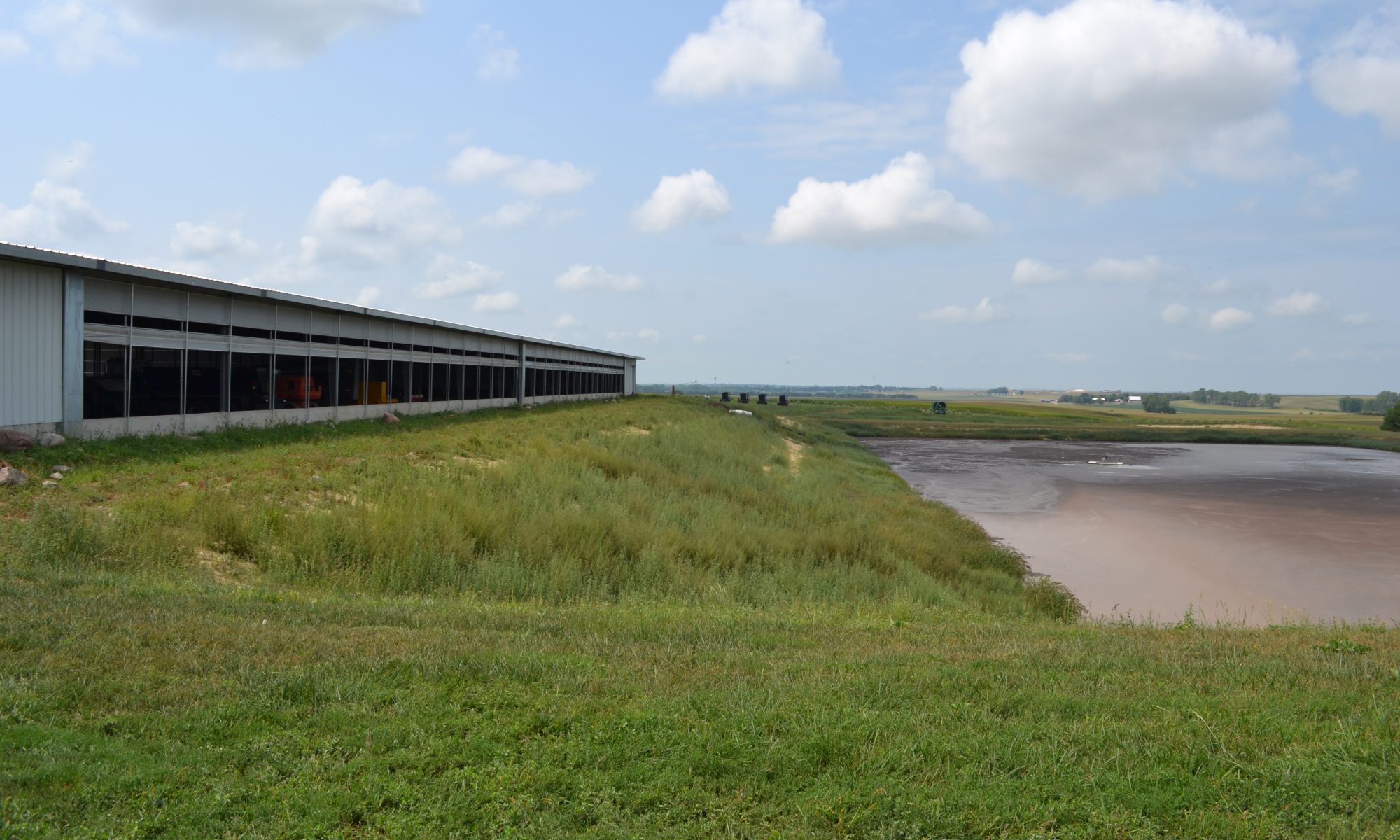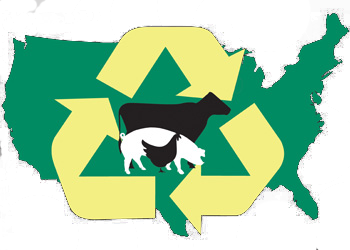![]() Waste to Worth home | More proceedings….
Waste to Worth home | More proceedings….
Why Create the Arkansas Discovery Farm Program?
Agriculture in Arkansas is under increasing pressure to manage nutrients and sediment in an environmentally sustainable manner. In many sectors of the farming community, this has created severe constraints to remaining economically viable and competitive in today’s global market place. In northwest Arkansas, home to the nation’s second largest broiler poultry production, farmers have been under intense scrutiny and litigation over the last decade, due to downstream water users (i.e., Oklahoma) questioning the role of agriculture in water quality impairment. Also, increasing national attention is being focused on reducing nutrients to the Gulf of Mexico, which will further increase the need of agricultural producers to increase nutrient efficiency while declining groundwater levels in crop producing areas of eastern Arkansas will increase the need for greater water efficiency. The Arkansas Discovery Farm Program was initiated in 2009 to document the effectiveness of conservation practices on “real-world” private farms across the diverse forage, livestock, and row crop agricultural setting across the State.
What Did We Do?
We are monitoring runoff quality from seven farms as we are quantify sediment and nutrient losses from all major row crop and livestock commodities including rice, soybean, corn, cotton, poultry and beef cattle. We are currently monitoring the quality of runoff from 19 fields using automated water quality samplers that are now equipped modems that contact us via cell phone when sampling is initiated. On our row crop fields, we have increased our efforts to monitor irrigation water use and needs. All fields are equipped with turbine-type irrigation flow meters that utilize dataloggers to automatically records flow data. On two farms, we split fields in half and monitored evapotranspiration with atmometers (ET gages) and compared to our computer irrigation scheduler to calibrate the ET gages as an easier field method for irrigation scheduling.
What Have We Learned?
Due to the fact that we have been monitoring runoff since mid-2011 at the longest, we have limited reliable information to present. As our first year, 2011 produced several severe flood-stage storms and 2012 provided a record breaking drought, it is difficult to quantify impact at this point. While the water quality monitoring is a cornerstone, empowering agricultural producers to take ownership in finding solutions to minimize environmental impact is paramount to protecting voluntary efforts for the industry. Our major findings to date have been the willingness of Arkansas farmers in general to embrace the Program, to be environmentally accountable for their actions, and to be proactive rather than reactionary.
Future Plans
We have plans to develop another Discovery Farm in the litigated Illinois River Watershed, Northwest Arkanas. While there is a great deal of interest in developing a commerical forestry Discovery Farm, a lack of potneital funding has limited those plans to date. As we continue to collect data, we hope we can provide timely information on both economic and natural resource sustainability on behalf of Arkansas Agriculture to regulators, lawmakers and other decision makers.
Authors
Andrew Sharpley, Professor, Division of Agriculture, University of Arkansas System, sharpley@uark.edu
Mike Daniels, Professor, Cooperative Extension, Division of Agriculture, University of Arkansas System
Neal Mays, Program Technician, Division of Agriculture, University of Arkansas System
Cory Hallmark, Program Technician, Cooperative Extension, Division of Agriculture, University of Arkansas System
Additional Information
http://discoveryfarms.uark.edu/
Acknowledgements
Arkansas Association of Conservation Districts, Arkansas Conservation Commission, Arkansas Natural Resource Conservation Service, Arkansas Farm Bureau
The authors are solely responsible for the content of these proceedings. The technical information does not necessarily reflect the official position of the sponsoring agencies or institutions represented by planning committee members, and inclusion and distribution herein does not constitute an endorsement of views expressed by the same. Printed materials included herein are not refereed publications. Citations should appear as follows. EXAMPLE: Authors. 2013. Title of presentation. Waste to Worth: Spreading Science and Solutions. Denver, CO. April 1-5, 2013. URL of this page. Accessed on: today’s date.

